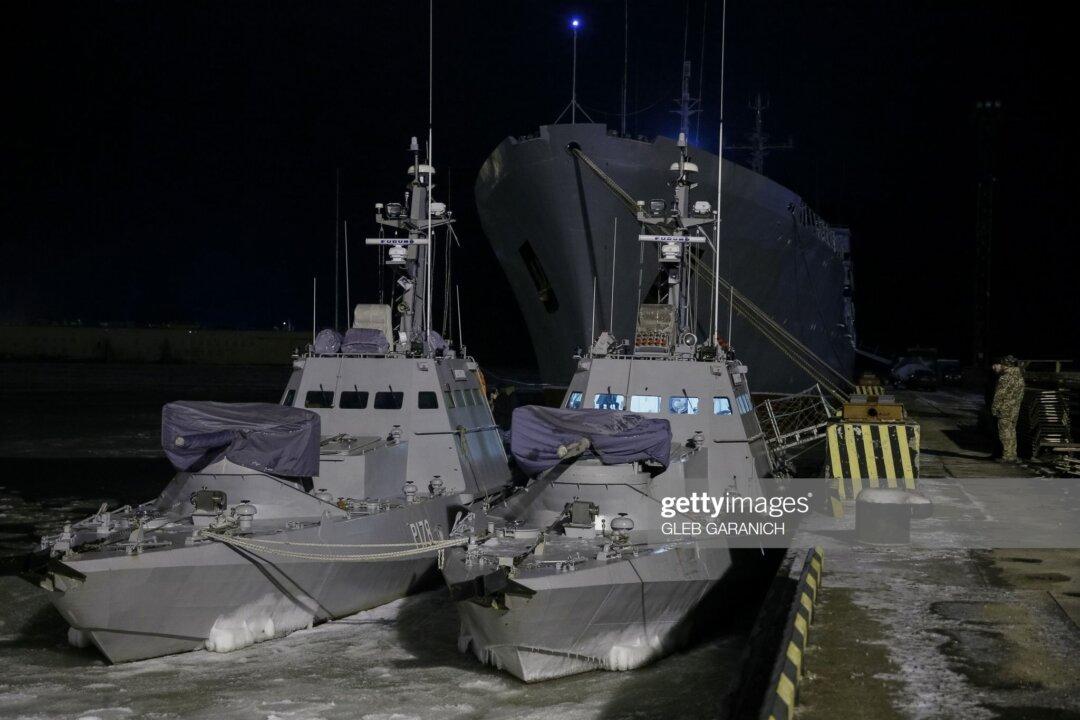The alliteratively labeled “Panama Papers” (remember the “Pentagon Papers”) are now the foreign affairs “Playmate of the Month,” displacing Syrian refugees, North Korean nuclear threats, and Brazil’s political crisis. It even threatens to bump Trump and the U.S. presidential election circus from top media billing.
Still in its earliest stages, the Panama Papers may either continue to cascade, washing away political leaders beyond the hapless Icelandic Prime Minister Sigmundur Gunnlaugsson (who subsequently rescinded his resignation, choosing instead to “step aside” for an undefined interval). Conversely, it could run into the media sands through inability to explain the intricate fiscal/economics to any beyond those with Ph.D.s in economics. Plus the flat, vigorous denials by all and sundry, notably Russian President Vladimir Putin, who claimed the media charges to be a plot against Moscow.
In its basics, however, the Papers are a remarkable illustration of the power of the Internet and the vulnerability of computers even in ostensibly well-protected legal/financial enterprises. Hackers surreptitiously obtained 11.5 million confidential documents from the Panamanian law firm Mossack Fonseca. They provided them to the German newspaper Süddeutsche Zeitung and the International Consortium of Investigative Journalists. One estimate noted the gigantic amount of material included 4.8 million emails, 3 million database files, and 2.1 million PDF files totaling 2.6 terabytes. In contrast, WikiLeaks published 1.73 gigabytes.





